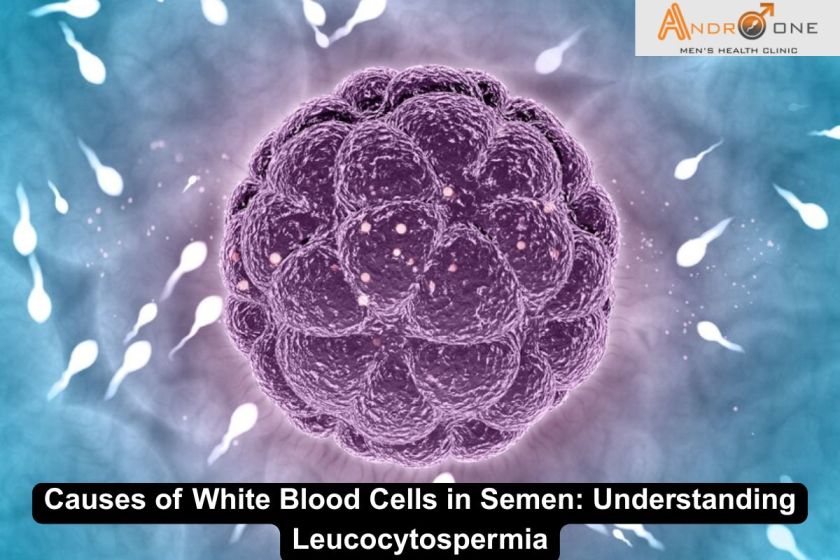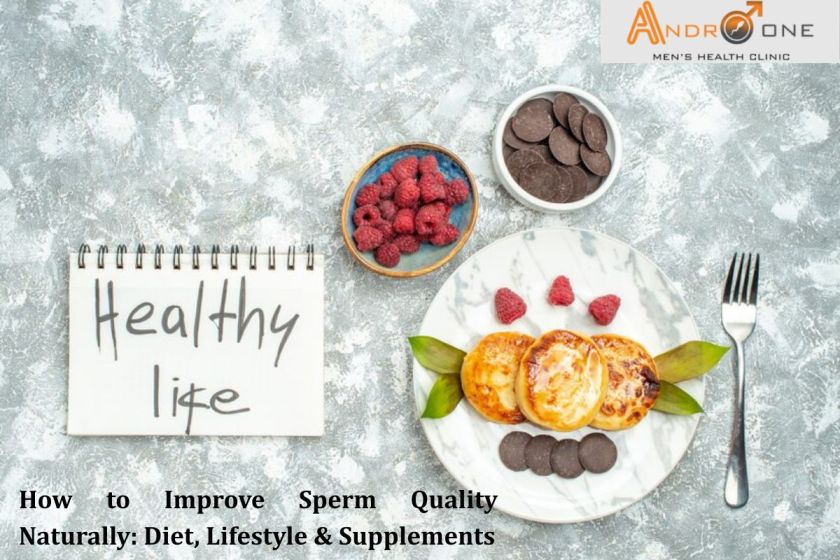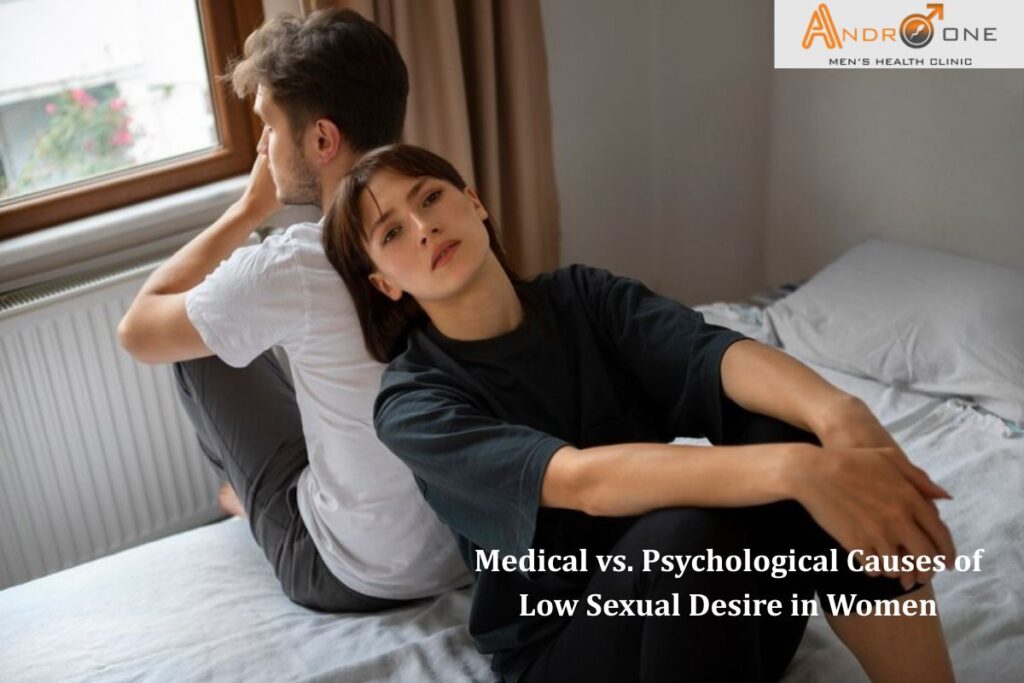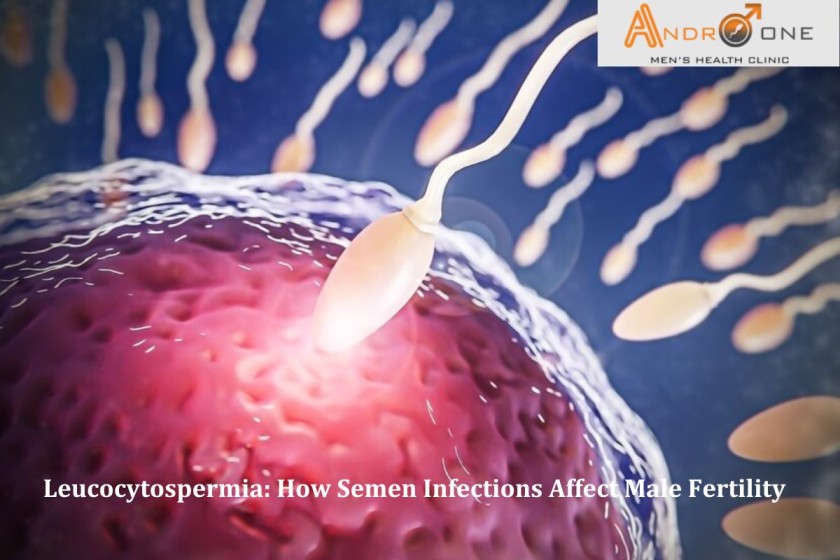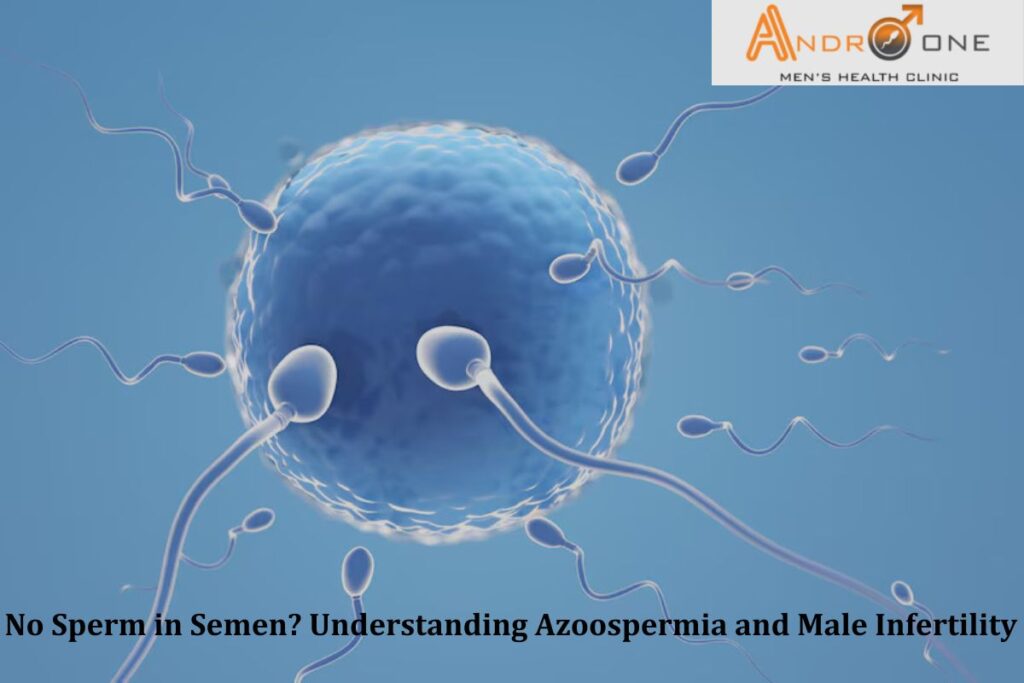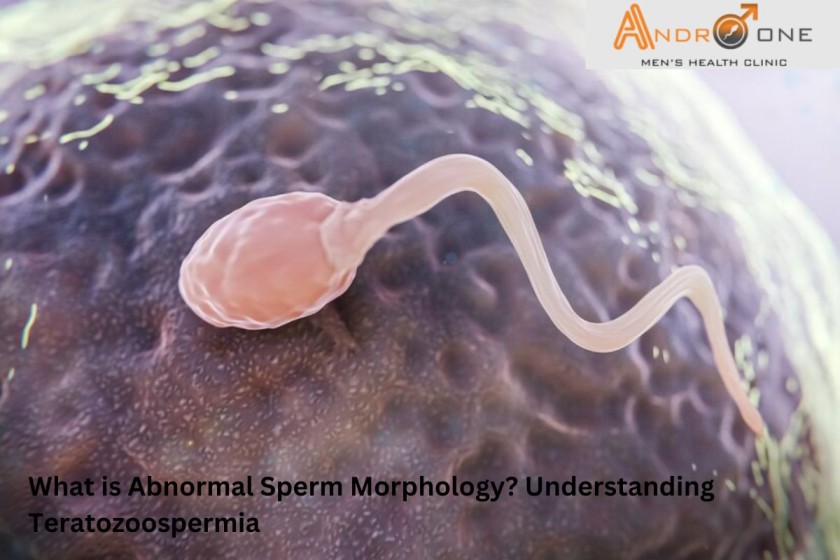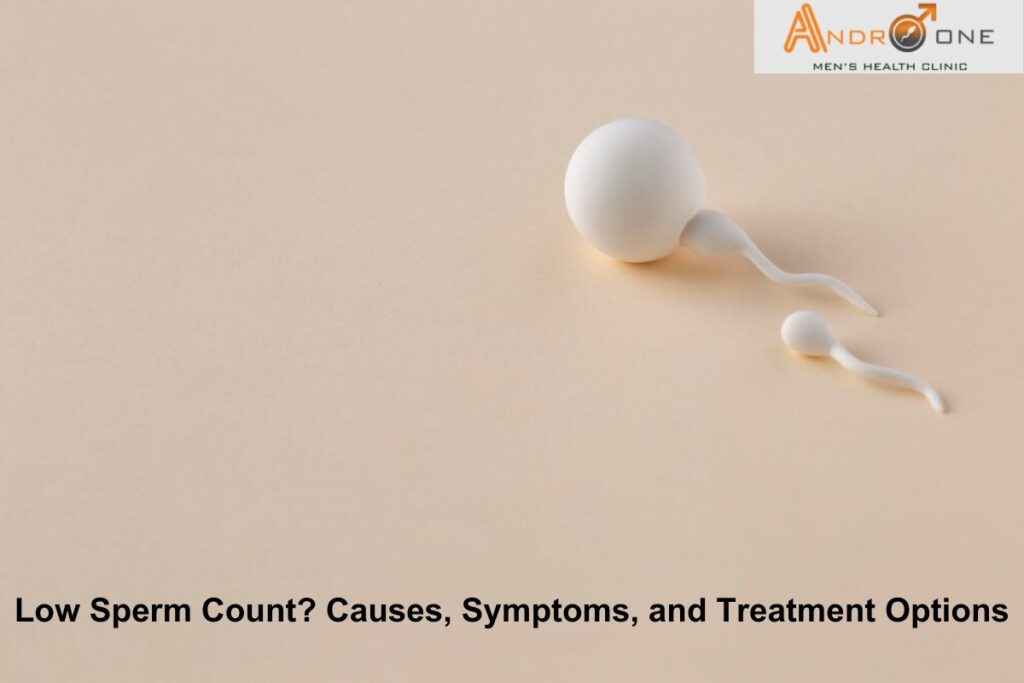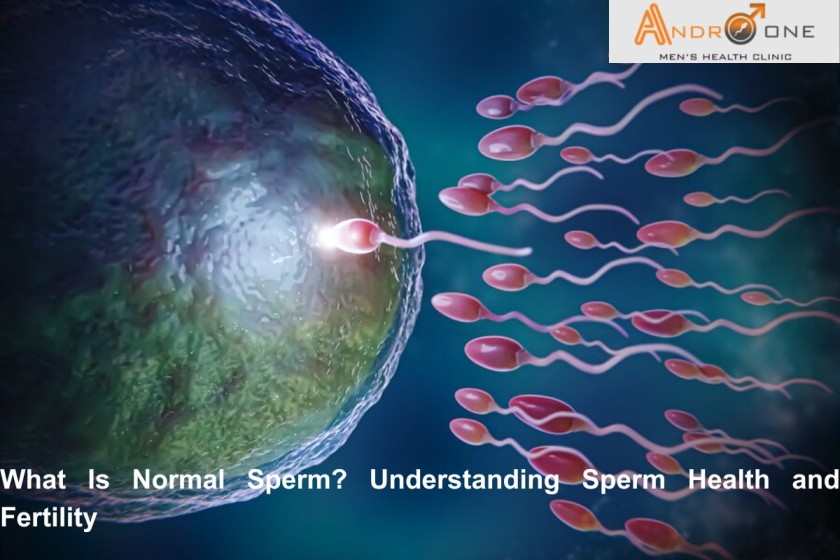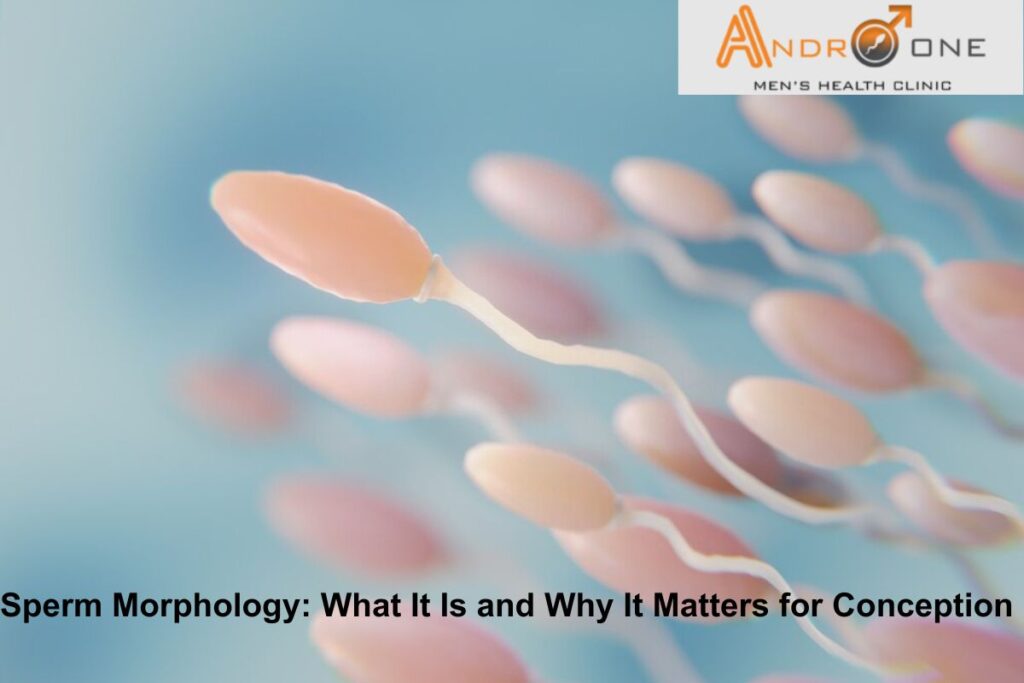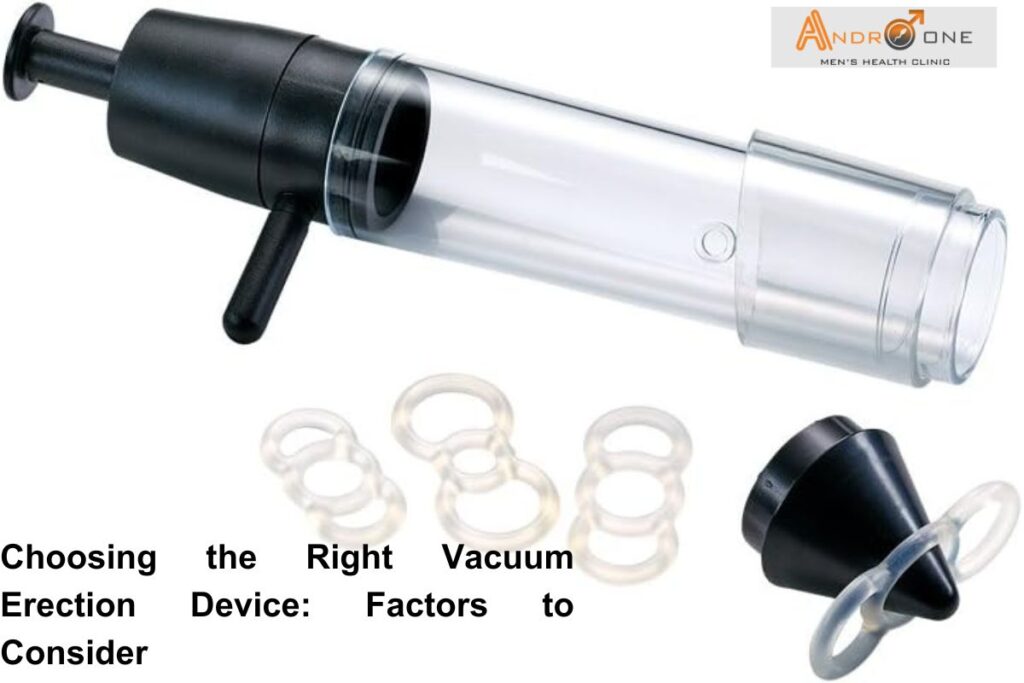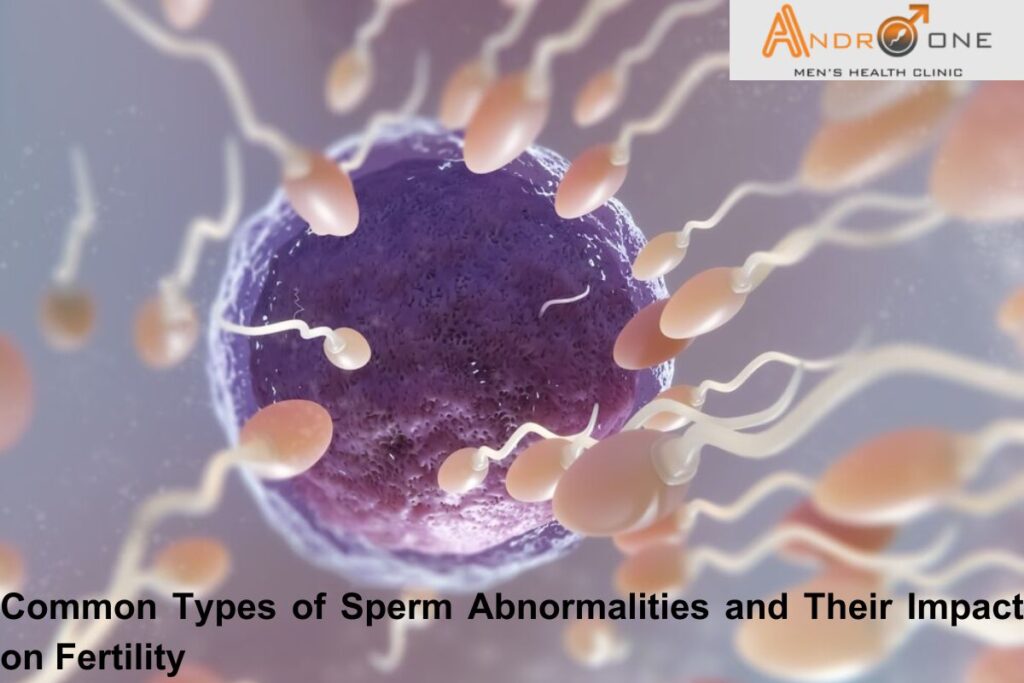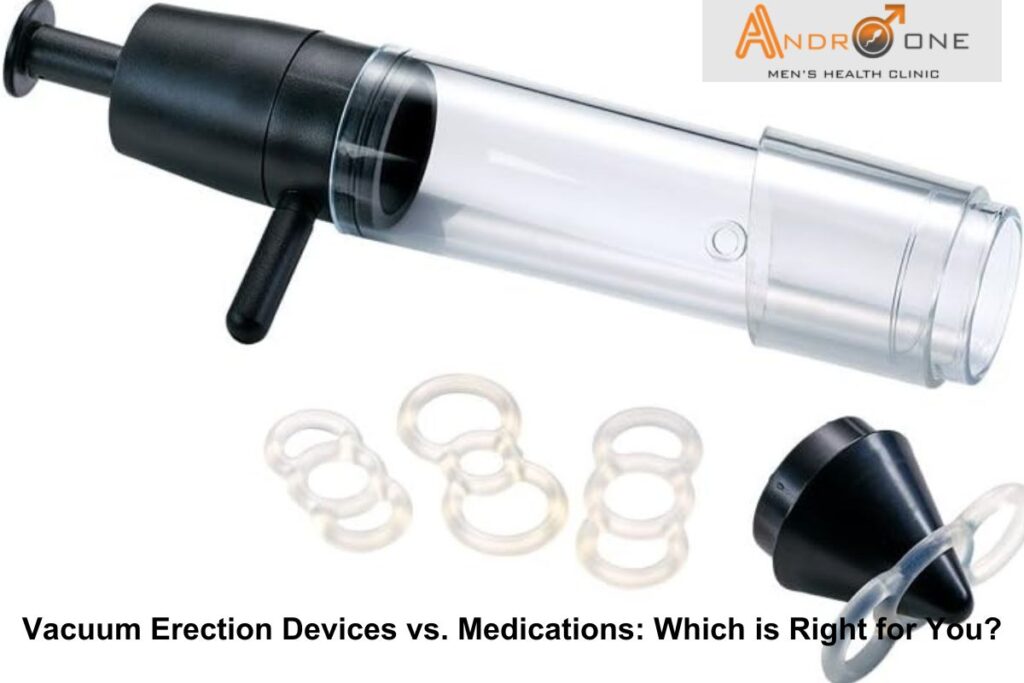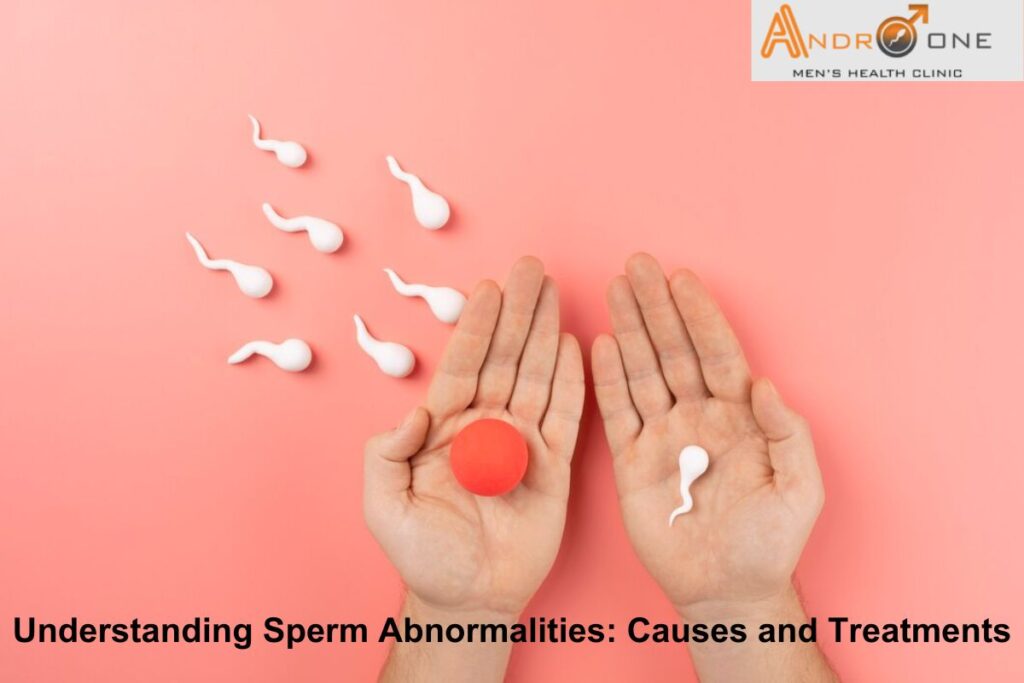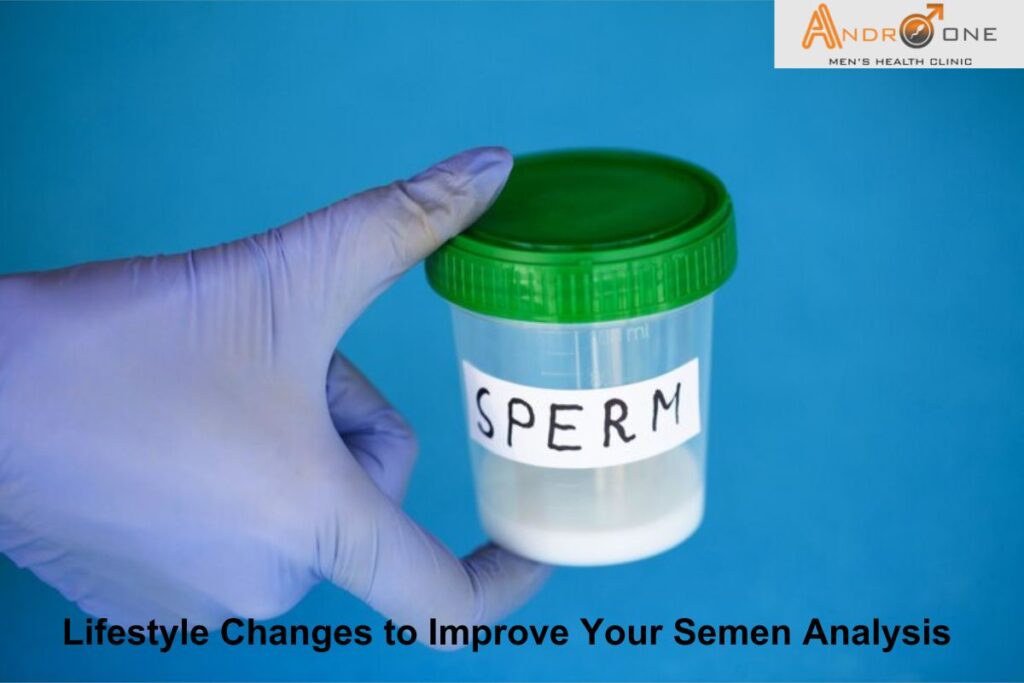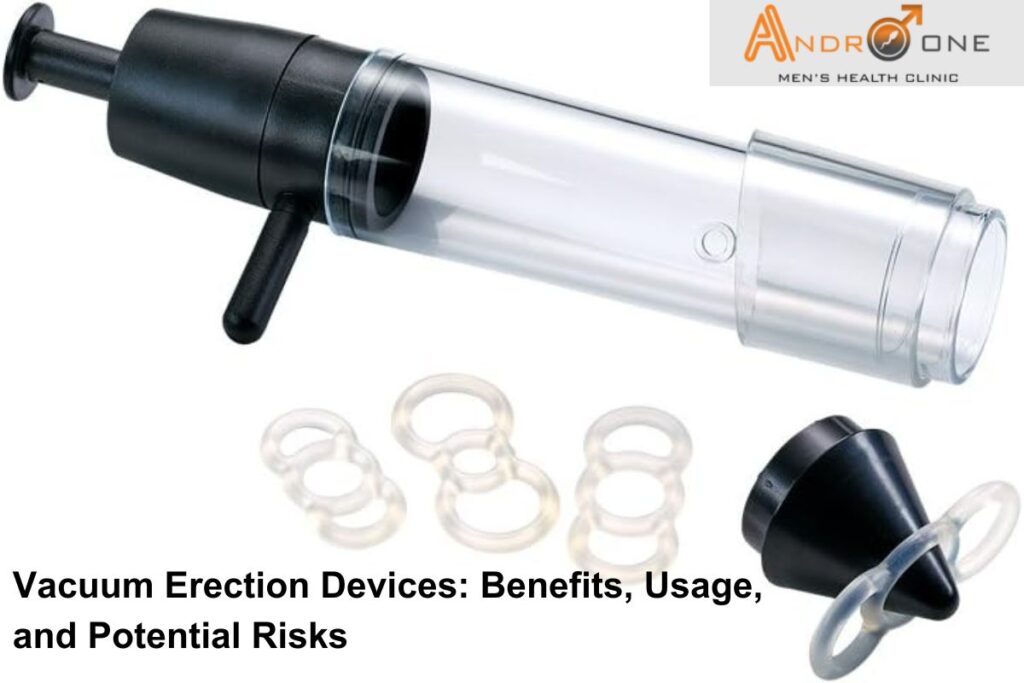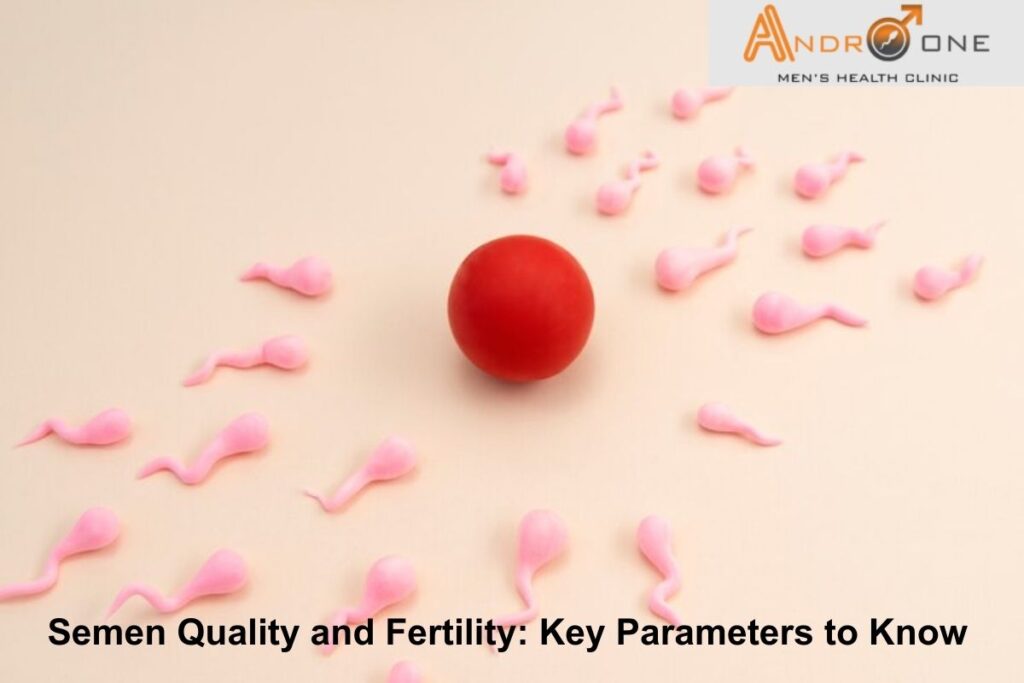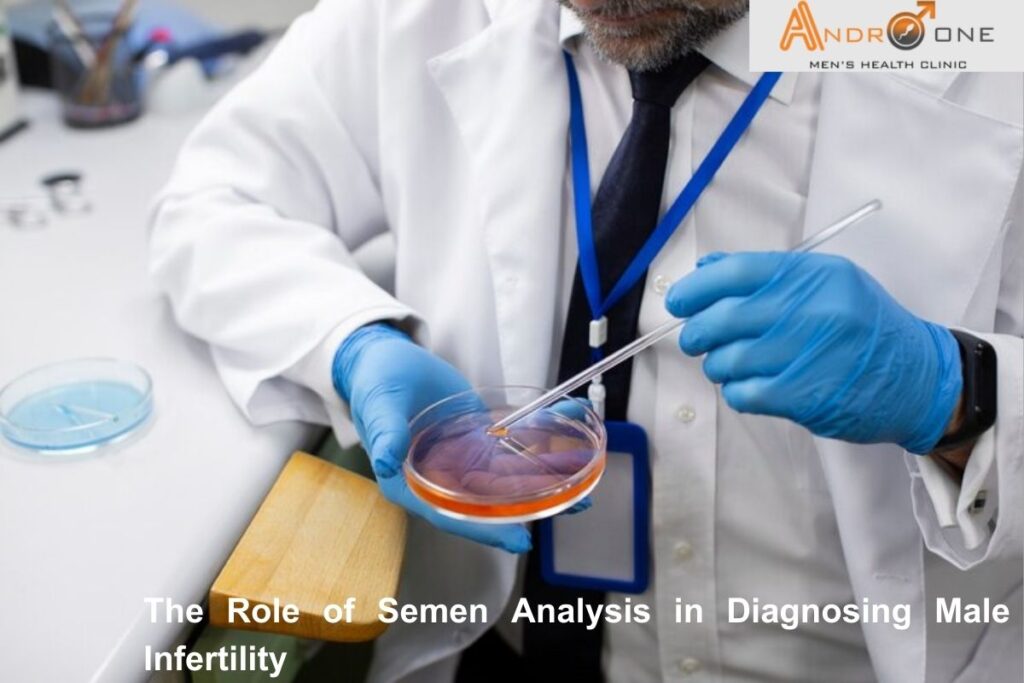Causes of White Blood Cells in Semen: Understanding Leucocytospermia
Leucocytospermia is a condition where white blood cells (WBCs) are found in semen. These cells are typically a part of the immune system and help fight infections. However, their presence in semen is often a sign of an underlying issue. Understanding the causes of leucocytospermia is essential for identifying possible health concerns. In this blog, we’ll explore the causes, diagnosis, and treatment options for this condition. What is Leucocytospermia? Leucocytospermia is an excess of white blood cells in semen. Semen should usually be devoid of WBC counts. Increased abnormal counts suggest male reproductive tract infection or inflammation. The disease also has effects on sperm quality, which could lead to infertility. Causes of White Blood Cells in Semen There are various likely reasons for having increased white blood cells in one’s semen. The most common ones which are always noted are infection, inflammation, and other illnesses related to one’s general health. Infections Infections are among the most frequent causes of leucocytospermia. Prostate, vesicle, or urethral infection with bacteria results in WBC in semen. These infections stimulate the immune system to form white blood cells to fight off pathogenic bacteria. In some conditions, STIs also cause elevated WBC levels. Prostatitis Prostatitis is inflammation of the prostatic gland. It typically follows bacterial infection but can also be secondary to trauma or stress. Prostatitis is one of the most common causes of leucocytospermia and is also symptomatic with dysuria and pain on ejaculation. Prostatitis in most cases may be treated and resolves the issue of the excess number of white cells in semen. Varicocele Varicocele occurs if veins in the scrotum become enlarged. It is one of the causes of high temperature of testes and could have the potential of leading to damaging of sperm production as well as elevated white blood cell count in semen. Varicoceles are actually universal but tend not to cause any issue unless one has any issue of fertility. Injury or Surgery Any surgery or injury to the reproductive organs may have the potential to cause an immune response. An immune response may cause white blood cells to increase in the semen. Therefore, the condition will also disappear by itself after the injury has healed. Nevertheless, additional medical treatment may be necessary if the condition fails to improve. Immune System Disorders There are some immune diseases of the immune system that make the body turn against tissues of its own. It is also more likely to turn against reproductive organs. Immune diseases such as this are most likely to produce an overproduction of white blood cells in semen. All of these are likely to require treatment on a long-term basis. Symptoms and Diagnosis Leucocytospermia can be preceded by no obvious symptoms at all. Some men feel uncomfortable after ejaculation, while others notice a change in the color, consistency, and odour of the semen. But the most effective way of identifying leucocytospermia is through semen analysis. A semen sample is placed under the microscope, and white blood cells are counted. Treatment for Leucocytospermia Treatment of leucocytospermia is etiology-based. Infection, as corroborated by analysis of fluid ejaculated or blood, then the most commonly prescribed antibiotics are to kill the etiologic bacteria. Prostatitis or inflammation patients can be counseled on anti-inflammatory medication. Surgery is warranted when varicocele or trauma is the etiologic cause. Furthermore, adopting a healthy lifestyle such as a balanced diet, exercising daily, and controlling stress may reduce inflammation as well as reproductive overall health. In some cases, the occurrence of white blood cells in semen can mean that something is amiss with one’s fertility. If this is the case, one should consult a specialist, the Best Andrologist in Salem. An andrologist will be able to offer personalized therapy based on the patient’s history and laboratory findings. When to See a Doctor? You are advised to see a doctor if you experience repeated change in semen or pain during ejaculation. After you are diagnosed with leucocytospermia, your treatment plan will be decided based on your requirement by your doctor. If you experience sexual health issues and you want to manage any symptom of it, meeting the Best Sexologist in Namakkal will be helpful. Additionally, for men suffering from conditions like erectile dysfunction or premature ejaculation, it is suggested that they meet a specialist at a Men’s Sexual Health Clinic in Tamilnadu Both the conditions can be cured at an early stage, and that would save them from the complications. That would improve their quality of life. Conclusion Leucocytospermia is a male fertility and sexual disorder. Detection of reasons such as infection, prostatitis, and immunological diseases during an early diagnosis and treatment is essential. If you feel something is unusual in your semen or you have pain from ejaculation, you should consult your doctor immediately. Treatment can regulate semen WBCs and improve your reproductive system. However, erectile dysfunction or premature ejaculation may be related to leucocytospermia and require special treatment such as Erectile Dysfunction Treatment in India or Premature Ejaculation Cure in Salem. Always consult a doctor.With proper treatment, you can cure leucocytospermia and get your reproductive system in order.

